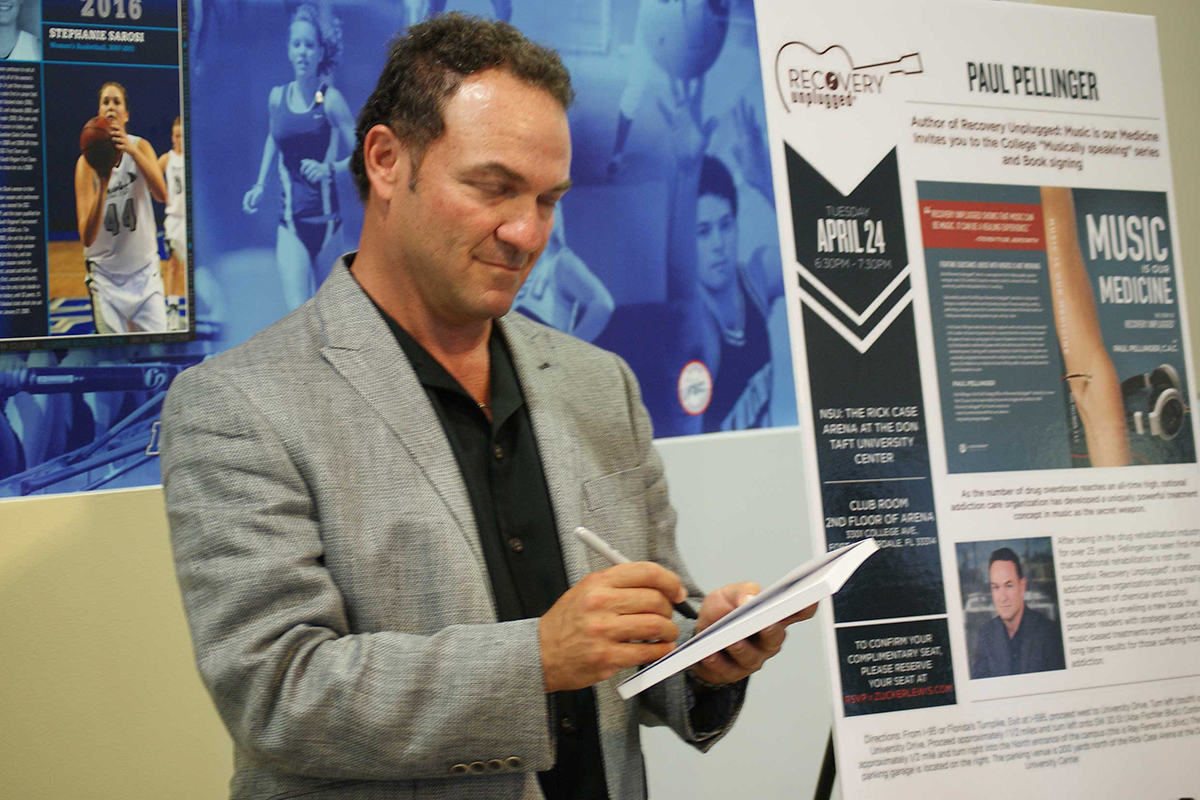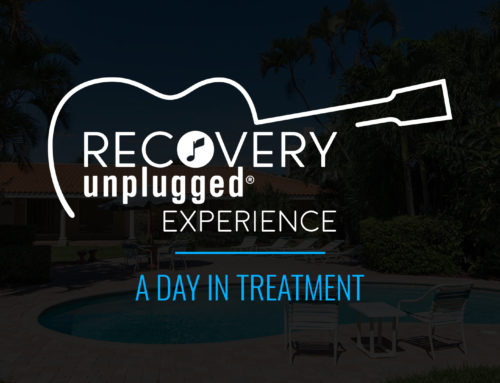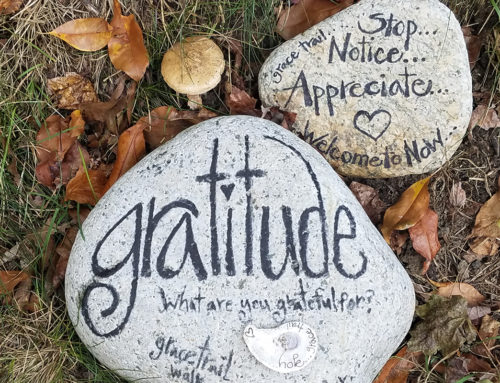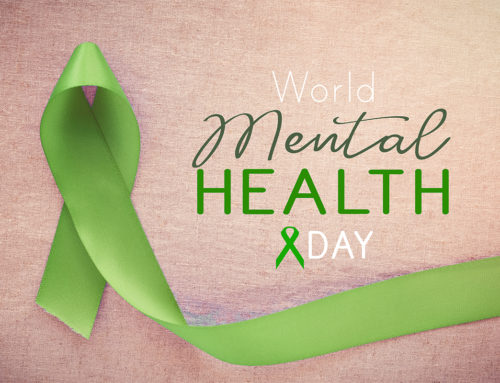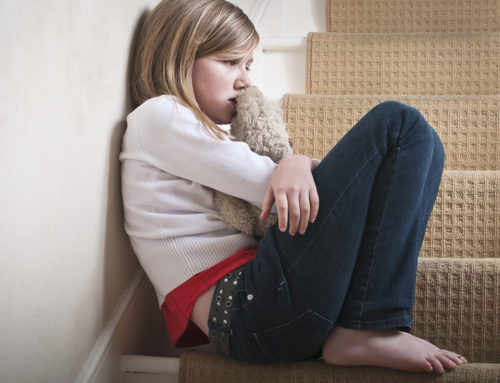Anyone who has ever tried to rebuild their lives in addiction recovery knows what a powerful role stigma can play in the process. As much progress as we’ve made in changing the perception of addiction from “moral failing” to “legitimate medical illness”, stigma continues to prevent people from seeking treatment and sustaining long-term sobriety.
Examples of this stigma go way beyond being looked at funny or judged by our family and friends who remember us when we were at our worst. Recent data from Harvard University and Massachusetts General Hospital reveals that, even in 2019, stigma can affect every aspect of recovery, including our ability to access medical care, find housing and jobs, and relate to our loved ones.
Among other alarming results of the study:
49 percent of respondents reported people assumed they would relapse, 38 percent said they were held to a higher standard than others, 18.5 percent reported unfair treatment by the police and 16 percent said they faced difficulty finding employment. About 15 percent said It was hard for them to get medical insurance.
Stigma is alive and well in recovery, and it’s making it legitimately difficult for people to move forward in life.
Learning Stigma (Instead of Treatment) in Medical School
Unfortunately behavioral health, specifically addiction medicine, has always been what I call the “bastard child“ of the medical profession. I’ve heard that, in seven years of education, the amount of time devoted to addiction can be measured in hours. In fact, the medical profession doesn’t even call it addiction; they call it chemical dependency, which does not factor in the psychological component.
The disease of addiction has the same characteristics as other conditions, such as cancer, heart disease, diabetes, etc., yet it is still often equivocated as a moral issue. Think about the response when someone dies from a drug overdose versus when they die from cancer or a heart attack: people often say things like: “what a waste of life“ versus a more sympathetic response when they die from the latter.
A Game of Inches: Changing the Stigma
As the addiction epidemic continues to kill tens of thousands of people a year, the public at large is now being more exposed to the truth that this is a brain disorder and a chronic disease. The opioid crisis is one of the clearest examples that addiction knows no race, cultural background, economic status or values system. There are also a lot of myths about addiction of which the public, clinicians and doctors need to be aware, one of the most damaging of which is that all levels of substance use disorder are the same. The reality is that there are different stages of addiction, and three percent of the addicts and alcoholics in this world are late-stage or what many refer to as “skid row“. The other 97 percent are people like you and me
Doing Our Part, One Client at a Time
Recovery Unplugged not only continues to dispel myths surrounding addiction, but raises the awareness that stigma is slowly changing. It is also helpful that some famous and legendary musicians are helping Recovery Unplugged effort to combat addiction, and are allied with us in our fight to overturn stigma. People don’t need to get loaded to enjoy life, have a good time or use it as a crutch to self-medicate. I just recently did an interview on how sober bars are popping up all over the country, and the Recovery Unplugged ipartysober™ team is committed to showing people the fun of alcohol and drug-free partying throughout the country.
Turn It Up to 11: Drowning Out Stigma with Music
The wonderful thing about using music as a catalyst to engage the existing evidence-based treatment models is that it helps see that we’re all human and all suffer from the same kinds of problems. This helps our clients identify with each other rather than compare. I believe in 1964, Sam Cooke wrote a song called “A Change Is Gonna Come“, which dealt with the discrimination in the Black community and the civil rights movement. I believe this song is applicable today in more ways than one, including the stigma and discrimination that people in recovery experience on a daily basis. Let’s keep changing the conversation.
49 percent of respondents reported people assumed they would relapse, 38 percent said they were held to a higher standard than others, 18.5 percent reported unfair treatment by the police and 16 percent said they faced difficulty finding employment. About 15 percent said It was hard for them to get medical insurance.
